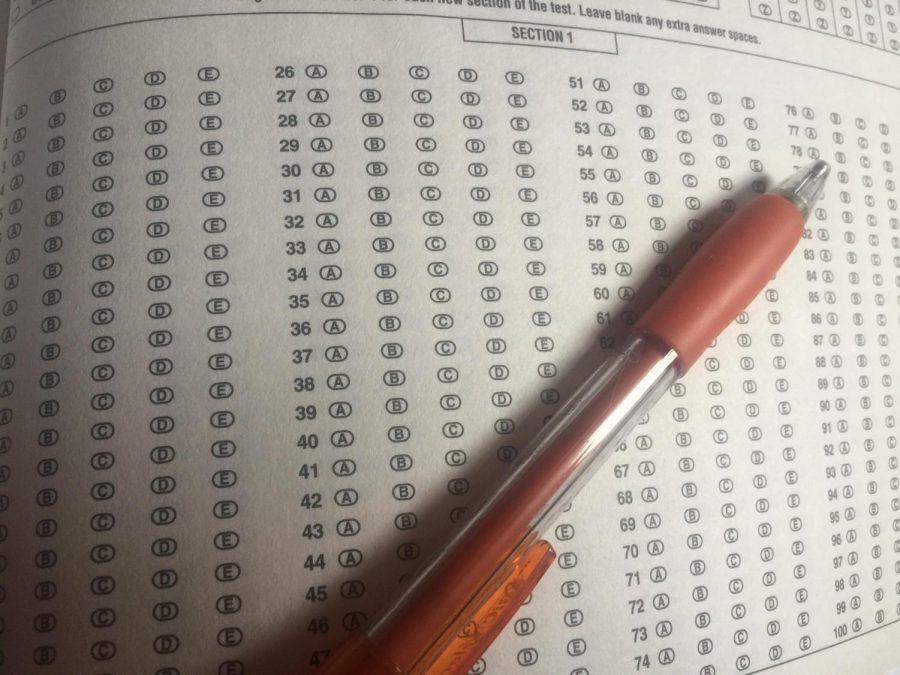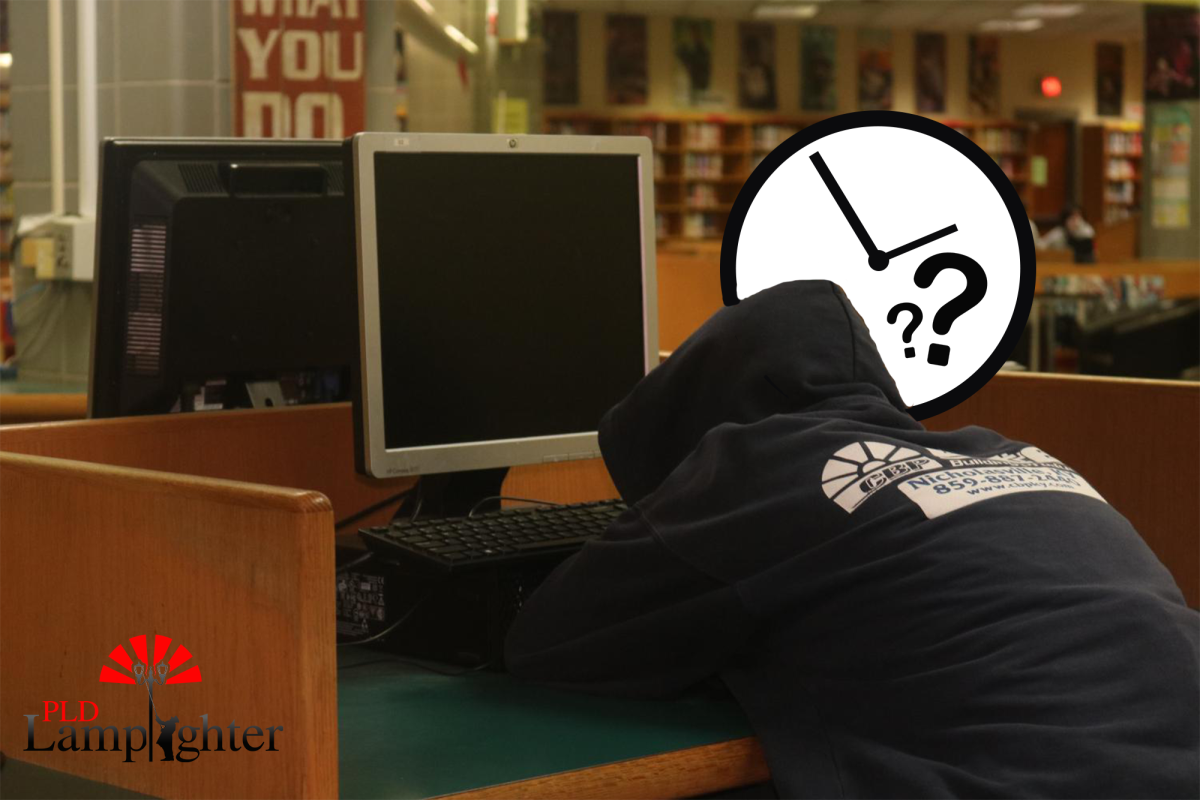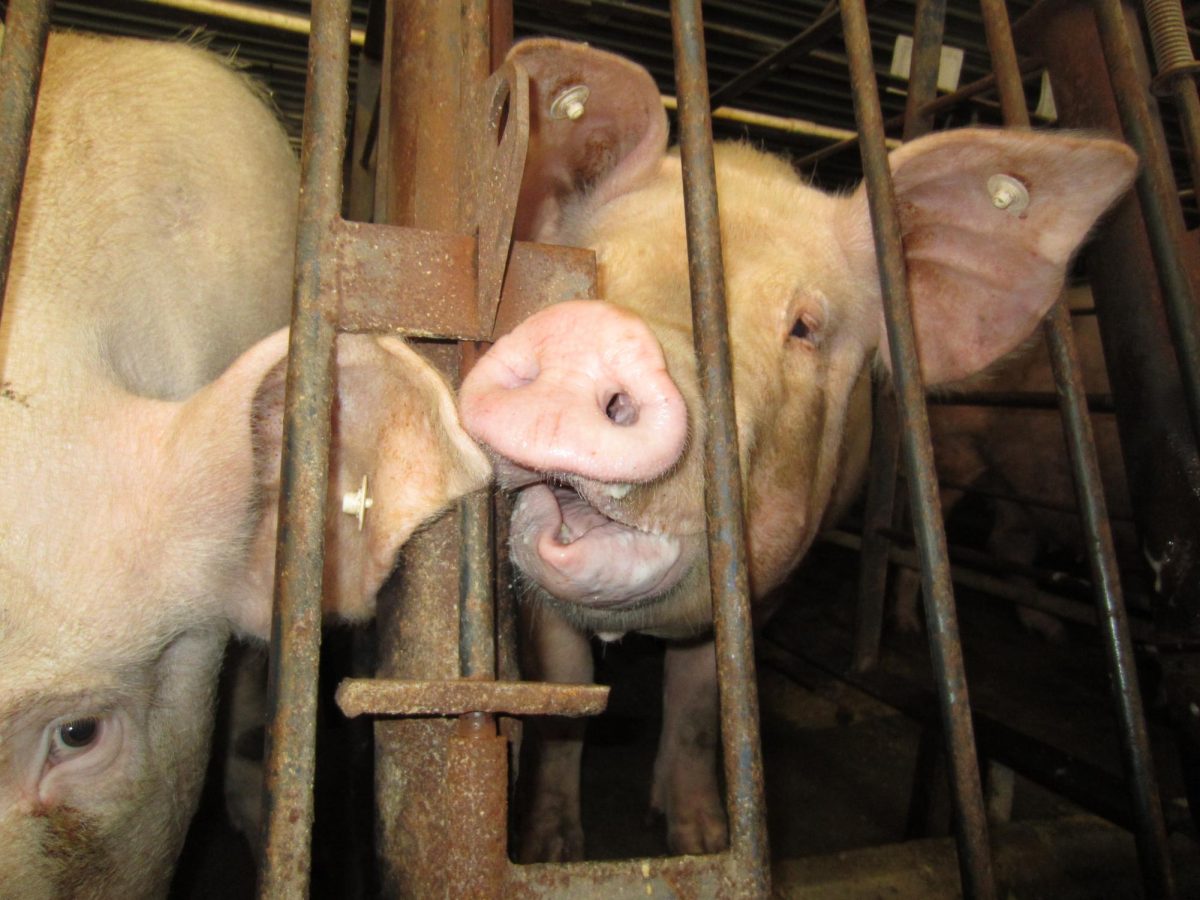Rape. Drugs. Abuse.
It wasn’t even the first chapter until one of the characters in Ellen Hopkins’ book experienced all of these things. In sixth grade, I made it through the first chapter of Smoke, but then I had to put it back on the shelf. Reading details of rape and abuse on a teenager not far from my age was traumatizing. It was too real and too raw.
After that, I steered clear of Hopkins for a while. Her books like Crank and Trick seemed way too scary and I started to become paranoid that I might become a victim myself. I checked behind the doors when I walked into a room, who was behind me in line for the bus and looked over my shoulder repetitively.
This hyperawareness felt like a curse, but as I look back, I see it as the period when I realized what it meant to be a woman.
We’re taught early on to walk in well-lit areas at night, keep our keys in between our fingers, and not invite unwanted attention from men. The hyperawareness I was experiencing is now a deeply ingrained defense mechanism that helps me navigate a world where I am at risk.
Arguably, women are drawn to books like Hopkins’ because it validates and informs what we already know. Leaving us in the dark about these heavy topics doesn’t protect us, it leaves us vulnerable.
In Burned, the main character finds the strength to fight her abusive father. In Crank, readers see how addiction messes up not just the addict, but everyone around them.
Now I understand that these aren’t sob stories – they’re wake-up calls. But not all students are going to have the chance to grow into that reality.

In the last academic year of 2023-2024, over 10,000 books were banned in public schools.
Books in school libraries are often challenged because of explicit content, and sometimes this leads to book bans like those imposed on Hopkins’ books. Even though she’s a New York Times bestselling author, her works have been challenged over 30 times for topics like queerness, substance abuse, and sexual content.
But the irony is that these are real issues that teens face every day.
With new legislation like SB150, a Kentucky law restricting instruction about gender identity, gender expression, or sexual orientation, keeping books in libraries has become political.
For example, in 2023, Boyle County School District removed several books from their libraries to comply with the law. Acts like these have blurred the intention of having books in the first place: stories that teach you about the world you live in and reflect your own stories.
Ellen Hopkins visited Dunbar to talk to students about these issues. She said it was important to put her books into the hands that need them. And who needs them can include students facing difficult situations themselves, or students like me who should be aware of the real world.
Dunbar is a school with a diverse student population, and there are shelves of different books reflecting our diverse student perspectives. Dunbar librarian, Mrs. Amber Faris, plans it this way.
“I’m going to make sure I have books for everybody, not just a certain type of book for a certain population,” she said.
Reading Smoke, I felt like I was able to gain insight into the abuse and struggles that some people go through.
Hopkins’ said that she wrote Crank based on her daughter’s meth addiction, and she didn’t spare any details.
“I can’t pretty it up if it’s not pretty in real life,” she said.
Understanding the depths of abuse created an awareness I didn’t realize was crucial for my safety as a woman. Books that tackle tough topics can serve as a form of protection, giving kids the knowledge they need to make better decisions in tough situations.
Exposing them to these issues—whether or not they’ve experienced them—helps build empathy for others and awareness of what happens in the real world.



























